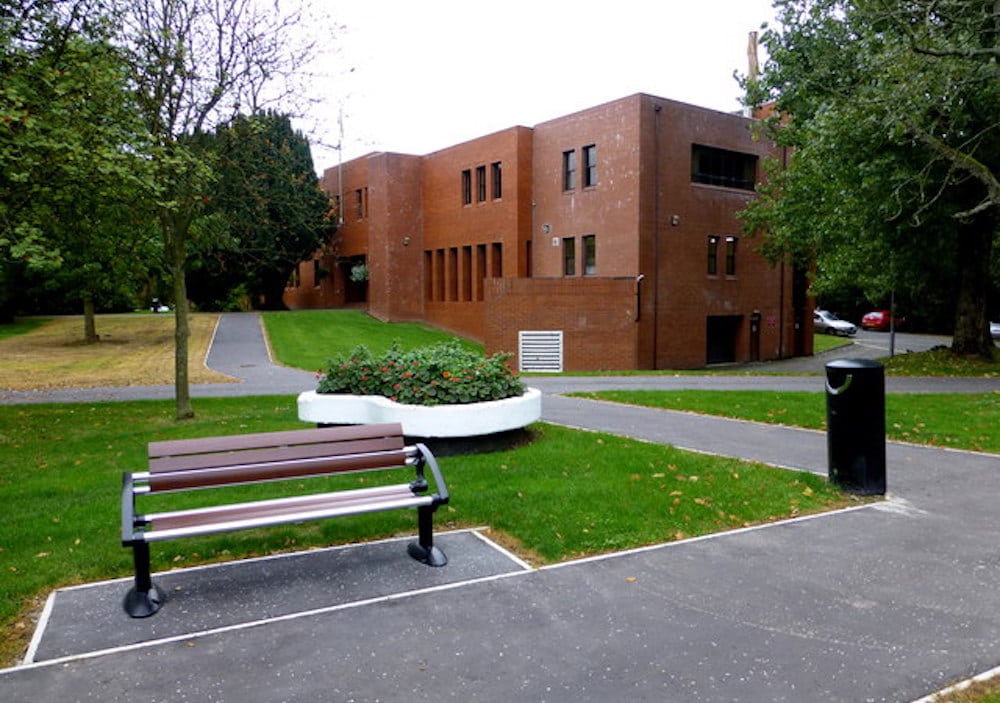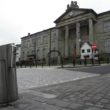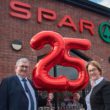
Members of Fermanagh and Omagh District Council look set to reverse a previously agreed decision to upgrade the Health and Social Care Advisory Group to a sub-committee permitting public and press to attend, after it emerged doing so would mean quotas would apply.
When the Covid pandemic took hold last year, BBC Local Democracy requested permission to attend the Health Group meetings, given the serious situation evolving.
Council officials refused so the matter was raised with the Minister for Communities who advised: “Legislation already provides that public can access council meetings, including committees and subcommittees. Access should only be restricted if any confidential information is discussed. If any person considers that access to meetings is being restricted unnecessarily, their first step should be to approach the council with these concerns.”
But access remained denied, so the Minister was asked to amend legislation around this sticking point.
A spokesperson replied: “Given legislation currently allows public/press access to committees and subcommittees subject to the exclusions previously advised, the Department is not at this time considering making amendments.”
This was shared with councillors, with all who replied commenting positively around press attendance.
Councillor Barry McElduff, Sinn Fein formally called for press to be permitted access to Health Group meetings and Chief Executive Alison McCullagh suggested this could be achieved by upgrading to subcommittee status.
Following unanimous agreement in December, BBC Local Democracy enquired when this could be expected, and were advised it was part of an ongoing review.
The matter arose at the most recent Policy and Resources Committee meeting, and what started out as a victory for democracy, quickly dwindled when members learned upgrading meant quota rules of membership would apply.
Councillor Emmet McAleer, Independent suggested retaining working group status, but opening meetings to public and press, but the Chair Councillor Stephen McCann replied: “That conversation has been had a number of times and we are aware why that cannot happen. However it was given extra clout as a subcommittee, I understand the press would have access. That would address some concerns members have raised in the past.”
The Chief Executive stressed: “The only difference is Standing Orders apply in subcommittees, therefore press and public would have normal access.”
Current Health Group member Councillor Donal O’Cofaigh, Independent, acknowledged subcommittee status would cost him his place under the quota, but nonetheless was willing to agree if it meant public and press access.
SDLP Councillor Mary Garrity said: “If it’s not legislatively enforceable, we come upon this quandary, whether we like it or not.”
However she felt working group status meant reporting back to full council and: “Absent the press, we would still get all our concerns highlighted.”
The Chief Executive confirmed: “Actions would be reported, irrespective of working group or subcommittee status.”
Councillor Josephine Deehan, Independent found it: “Regrettable we didn’t have information regarding legislative requirements prior to making this decision. I’m concerned that members of small parties and independents would be excluded. I strongly believe in inclusion and as elected members we have a duty to represent our constituents.”
She added: “There’s not a huge amount of difference between a subcommittee and a working group. In terms of involving the press and public, we would have the opportunity to raise issues at standing committees.”
Proposing retention of the current working group status to ensure inclusivity and current membership, Councillor Deehan said: “The only difference is access to the public and press …Representation and input from members is more important and should be the greater priority.”
This was seconded by Councillor Garrity.
Councillor McElduff requested clarity around press access noting: “Obviously where possible, when we aren’t talking about issues which are confidential, we’d want to err on the side of openness and transparency.”
The Chief Executive pointed to legislation in which: “There is no provision for press or public to attend working group meetings.”
Councillor Adam Gannon, SDLP noted the Health Group was: “Looked at to change into a subcommittee because some members wanted it opened to the press. Whilst it would be nice to have public access to everything, it may not always happen and can’t always be that way.”
Concluding the discussion, he said whatever the status of the group: “The work is still being done. It would be nice for the public to be present, but we don’t need the press there to do our work. I know I don’t.”
Fermanagh and Omagh District Council have said a decision to reverse the previous position has not been taken. There was some discussion at the recent Policy and Resources committee regarding the status of the Health and Social Care Advisory Group. There are currently two options available to Members in relation to its status – that of an informal working group (its current status) or to become a sub-committee. Further legal advice is currently being sought to help inform the decision making around its status by members.



